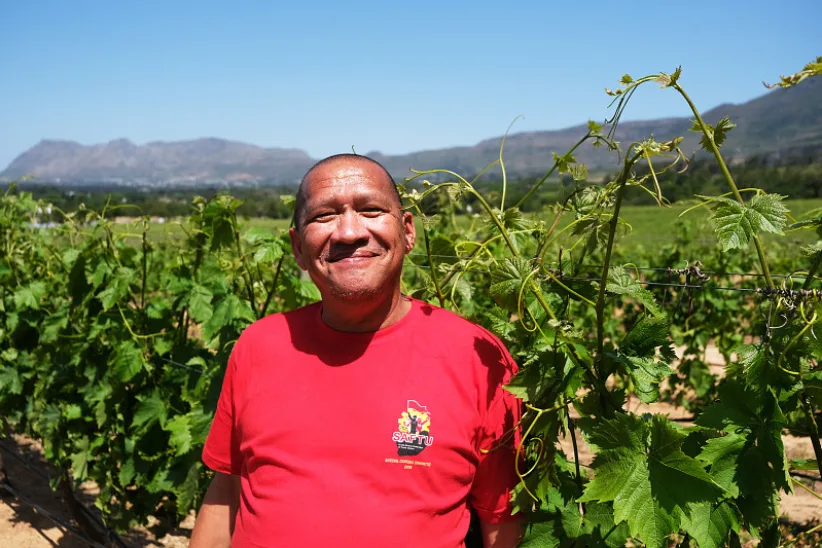South Africa

Africa remains one of the world’s most unequal countries. Over half the population lives below the poverty line, facing high unemployment and an unfair distribution of wealth, natural resources, and land.
The African National Congress (ANC) has dominated South African politics since 1994. However, their neo-liberal policies have perpetuated the race-based wealth gap, with corruption and toxic money-politics relations. More than 4 million South Africans live in informal housing without access to basic services like clean water, electricity, or proper sanitation.
Today 5 % of South Africans (most of whom are whites) own 85% of the country’s wealth, while over 50% (most of whom are Black) own less than 1% of the wealth with a total of 32.8% unemployment rate. 47% of South Africans rely on monthly social grants.
Land distribution remains racially skewed, with white South Africans owning over 72% of farm and agricultural holdings, while black South Africans own less than 4%. Gender disparities are also significant, with women owning only 13% of the land. In rural areas, customary and traditional laws further limit women’s land rights, especially upon divorce or widowhood.
Xenophobic violence against African and Asian foreign nationals is on the rise, with increasing calls for mass deportations and restricted access to essential services for immigrants.
Workers’ rights are under pressure. Despite South Africa’s global reputation for wine, diamonds, and minerals, many mine and farm workers endure inhumane conditions.
Norwegian People’s Aid in South Africa
In 1992, NPA was one of the first foreign organizations to establish an office in South Africa, invited by the ANC. NPAs engagement with Southern Africa started already in 1976 supporting actors in the fight against apartheid.
Today, NPA partners with a wide range of civil society partners, including people’s organizations, NGOs, and research institutes working with social movements. The main target group are marginalized urban and rural populations, including shack-dwellers, farmworkers, migrants, small-scale farmers and communities exposed to extractive industries.
The program in South Africa aims to tackle economic, social, and political inequality. By enhancing partners’ organizational and mobilizational capacity, they can better claim their rights and influence decision-makers at all levels. Partners work to protect the right to decent housing, basic services, social protection, and women’s land rights, while addressing the negative effects of the extractive industry on farmers. They also increase knowledge on holding authorities accountable, demanding transparency, and protecting migrants’ rights. Additionally, partners ensure South Africa plays a key role in regional political stability by providing information on crises in Zimbabwe, Swaziland, and Mozambique, building regional alliances, and protecting activists.
